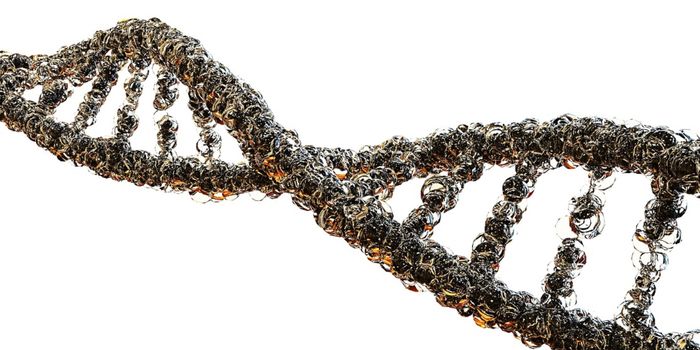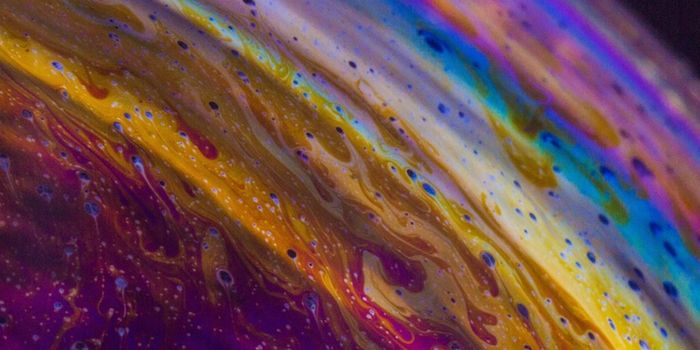Gravity Affects Gene Expression
If people are going to explore deep space, we should learn more about the effects that such an environment would potentially have on life. While there have been some intriguing studies on the subject that involved human twins as well as rodent models, the number of participants in those studies is limited. Researchers turned to the roundworm, Caenorhabditis elegans, as a model that could provide more information about the genetic changes that happen to organisms in space. This time, however, the study would have the advantage of including a large number of study subjects.
In this work, which was reported in iScience, the researchers examined genetic changes in various groups of worms including some that lived on Earth at normal gravity, some that were subjected to hypergravitational changes (through centrifugation, and meant to mimic the takeoff and landing of a spacecraft), and some that were aboard the International Space Station (ISS) for a time.
The study revealed that C. elegans worms on the ISS experience "subtle changes" in the expression of about 1,000 of their genes. Like humans, the C. elegans genome has around 20,000 protein-coding genes. Some genes were more affected than others; nervous system genes, for example, were more strongly impacted by spaceflight.
"We looked at levels of every gene in the worms' genome and identified a clear pattern of genetic change. These changes might help explain why the body reacts badly to space flight," said Dr. Timothy Etheridge of the University of Exeter. "It also gives us some therapy targets in terms of reducing these health effects, which are currently a major barrier to deep-space exploration."
This work was by researchers at the University of Exeter and the NASA GeneLab, and it can help us understand how space travel can cause a decline in physical health. It may also help scientists find a way to counteract or treat this decline.
"A crucial step towards overcoming any physiological condition is first understanding its underlying molecular mechanism. We have identified genes with roles in neuronal function and cellular metabolism that are affected by gravitational changes," said lead study author Craig Willis of the University of Exeter."
"These worms display molecular signatures and physiological features that closely mirror those observed in humans, so our findings should provide foundations for a better understanding of spaceflight-induced health decline in mammals and, eventually, humans," Etheridge added. "This study highlights the ongoing role of scientists from Europe and the UK in space flight life sciences research."
Sources: AAAS/Eurekalert! via University of Exeter, iScience









